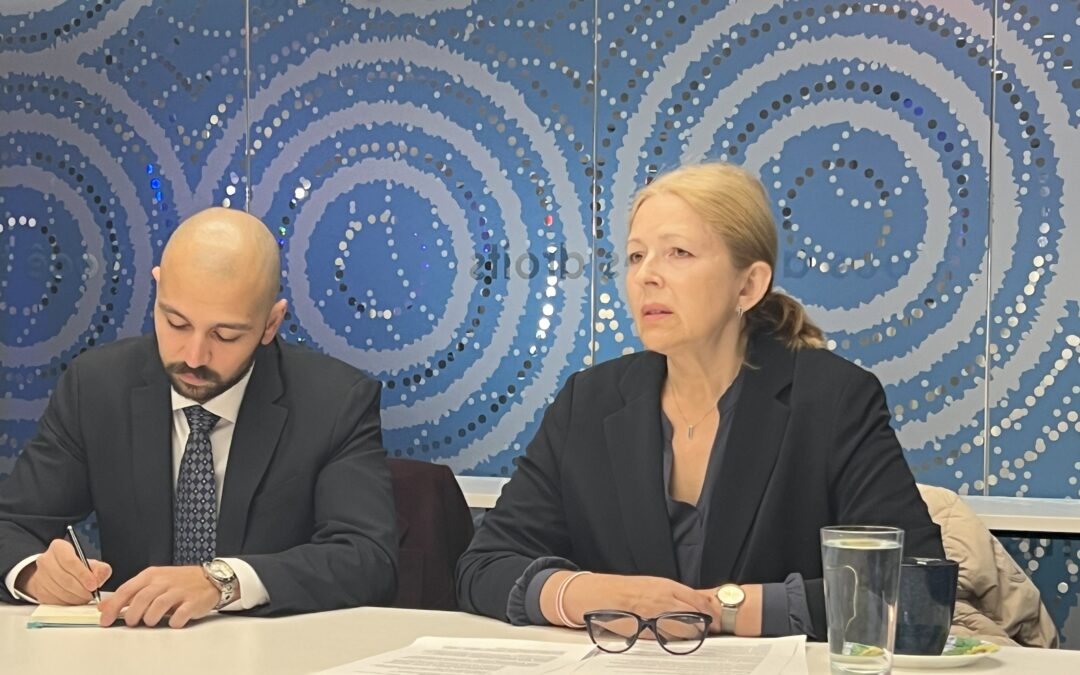
Dec 15, 2023
Belarus has become “a conveyor belt of torture against political prisoners,” where worker and human rights activists face daily raids, arrests and lengthy prison terms for fighting for democracy and the right to freedom of association, said the wife of a leading dissident last week.
Natallia Pinchuk, whose husband is Nobel laureate and human rights activist Ales Bialiatski, visited the Solidarity Center and spoke to staff about her husband’s imprisonment and the Belarus government’s repression of trade union activists.
Known for his leadership of the Viasna Human Rights Center–which he founded in 1996 to support political prisoners and their families–Bialiatski is currently serving a 10-year prison sentence at a brutal penal colony in Horki for receiving international financial support for the organization. He was among a dozen activists the Belarus regime arrested in July 2021 during raids of activists’ homes and the offices of civil society organizations.
“Ales represents the tragic situation of political prisoners in Belarus,” Pinchuk said. She added that the government imprisons 10 to 15 people every day, a considerable number for such a small country, and still conducts raids against and imprisons union activists.
Pinchuck said she has been unable to get information on Bialiatski’s condition since he was placed in solitary confinement in October. He is ill, requiring daily medication that Pinchuk cannot provide to him because political prisoners are prohibited from receiving outside materials. Compounding the situation, political prisoners face violence perpetrated by prison officials.
“Political prisoners are beaten in showers. Other prisoners beat them regularly, and prison officials are instigating those beatings,” she said.
Belarus’ president, Alexander Lukashenko, has held power since 1994. In 1996, he changed the constitution to consolidate power in the office of the president, which sent thousands of Belarusians into the streets in protests that were violently suppressed. He later claimed a landslide victory in August 2020, sparking widespread claims of fraud and massive protests and strikes. Lukashenko’s regime responded to the 2020 protests with ruthless repression, leading to deaths, injuries and over 10,000 arrests.
The International Trade Union Confederation has ranked Belarus among the 10 worst countries in the world for workers in its 2023 Global Rights Index, citing the forced dissolution of unions and targeted arrests and imprisonment of trade unionists. More than 30 trade union activists are imprisoned in Belarus because they fought for workers’ rights. Others, in danger and unable to work, live in exile abroad.
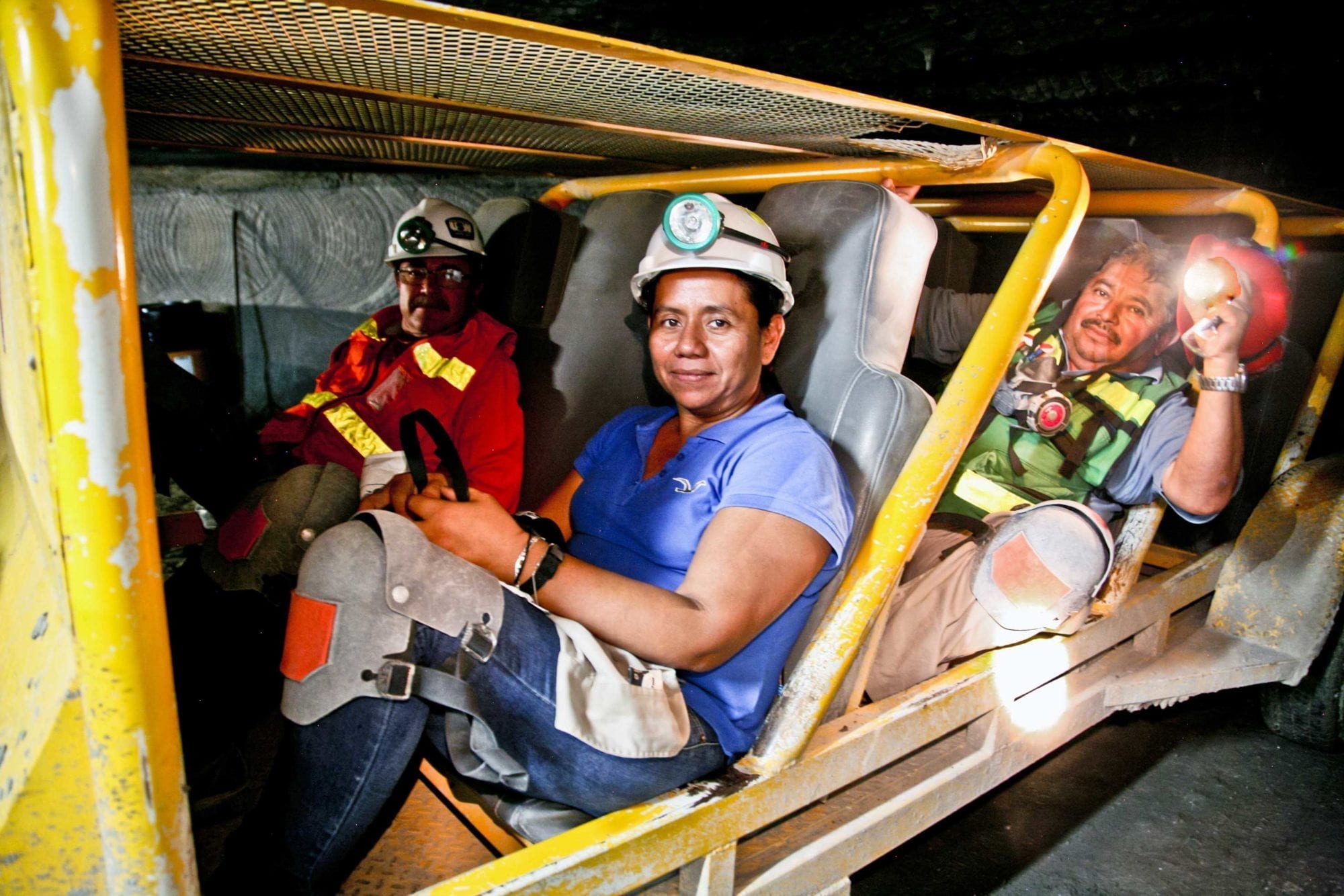
Nov 16, 2023
In response to the unveiling of the Biden administration’s Presidential Memorandum on Advancing Worker Empowerment, Rights and High Labor Standards Globally, Solidarity Center Executive Director Shawna Bader-Blau issued the following statement:
“The Biden administration’s announcement today represents the first time the U.S. government has made a holistic commitment to global worker rights. If this new global labor strategy is fully resourced and implemented, the United States has a historic opportunity to play a critical role in reversing corporate- and government-supported exploitation of millions of working people and bolster democratic freedoms around the world.
“It is impossible to overstate the need for this long-awaited commitment to worker rights. In many countries where the United States has diplomatic, trade and economic development influence, workers’ ability to exercise everyday democracy—through the rights to form and join unions, strike and bargain together for fair wages and decent working conditions—is consistently repressed, often violently and sometimes fatally. In just the past two months, police allegedly shot and killed three garment workers and injured many more during protests for a higher minimum wage in Bangladesh; entered a labor union leader’s home in the Philippines, shooting him dead; and assaulted workers in Nigeria protesting over lost wages, seriously injuring the union’s leader. This new strategy to advance global labor rights is a roadmap for the U.S. government to expand its use of diplomatic and trade leverage and multilateral tools and settings to garner additional countries’ support for upholding worker rights.
“The U.S. government should use its direct influence or its convening power with other nations to address labor rights repression in places like Belarus and Myanmar, where unions fighting for democracy have been outlawed by their governments, their leaders and members beaten, jailed, sent into exile or killed.
“This all-of-government labor rights strategy should also focus on influencing labor laws and increasing employer accountability. Today, U.S. companies too often treat sourcing like a game of Whac-A-Mole, jumping from country to country when strengthened and enforced labor laws drive workers’ pay closer to a living wage. And, most of the 2 billion people who work in the informal economy, including agriculture and domestic workers, street vendors and drivers and delivery workers in the growing platform economy, have no access to health care, sick leave or support when they are injured or lose their jobs.
“The Biden administration’s trade approach in Mexico has the potential to be a game-changer for workers and an example of this new labor strategy’s potential impact. The U.S.-Mexico-Canada Agreement includes a rapid response complaint mechanism unions are using to remedy worker rights abuses. Tying worker rights to U.S. market access and investing in independent union organizing has led to an unprecedented growth of democratic unions that represent workers’ interests and are winning wage hikes and safety improvements in factories that supply the U.S. market. Replicating this kind of approach to worker-centered trade policy should be a priority.
“We are hopeful that this commitment to global labor rights will mean workers are represented in conversations about how to sustain good union jobs in communities worldwide that are most impacted by the transition to a clean energy economy. We look forward to workers’ rights and livelihoods becoming front-and-center in conversations about the evolution of technology in the workplace. And, we look forward to expanded investment and prioritization of a worker rights approach to ending violence and harassment and other forms of exploitation on the job.”
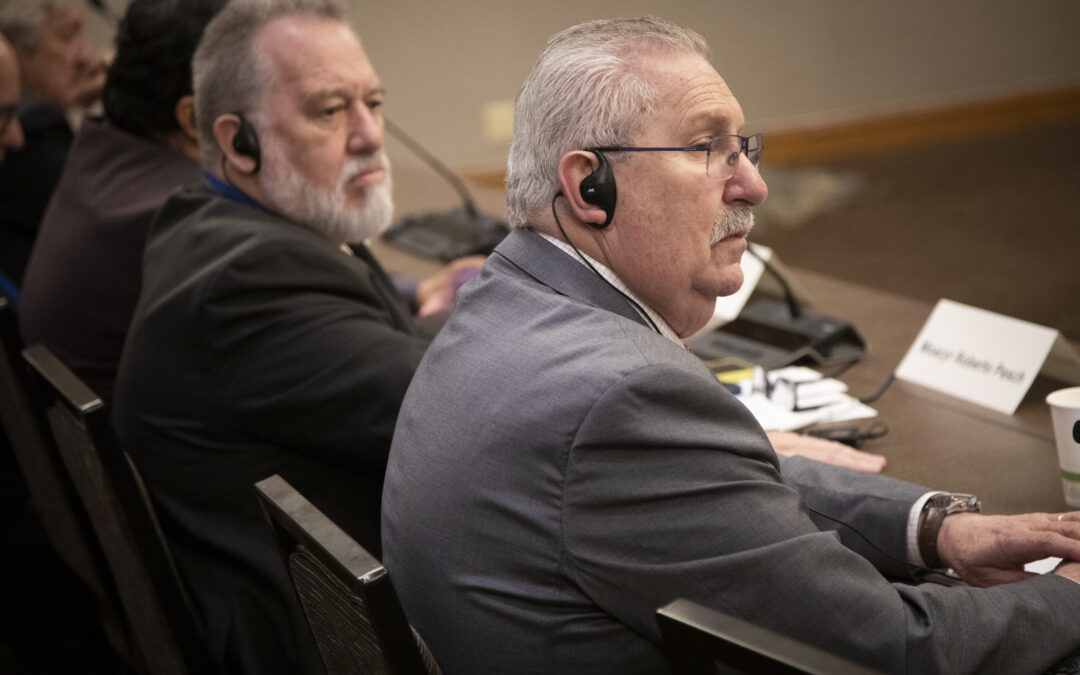
Sep 20, 2023
Solidarity Center’s Executive Director Shawna Bader-Blau issued the following statement in response to President Biden and President Lula’s announcement of the U.S.-Brazil Partnership for Workers’ Rights.
“Today’s landmark announcement—and commitment—from the governments of the United States and Brazil affirms respect for freedom of association and the right to collective bargaining, and the essential role of democratic trade unions in advancing a just and vibrant global economy. If the U.S-Brazil Partnership for Workers’ Rights is robustly funded and vigorously implemented, worker rights and decent jobs will be at the center of critical conversations and action on the transition to a clean energy economy, the role of emerging technologies, corporate accountability in supply chains, ending violence and harassment at work and other global priorities.
The last decade has been a stark one for working people across the globe with significantly curtailed rights, shrinking wages and hampered ability to improve their workplaces and hold corporations and governments accountable for their actions. We hope the U.S-Brazil Partnership for Workers’ Rights is just the beginning of government commitments to put worker rights front and center, not just in Brazil and the United States, but around the world.”
DECLARAÇÃO: O anúncio do Presidente Biden e do Presidente Lula é um passo positivo para o avanço dos direitos dos trabalhadores em todo o mundo
A Diretora Executiva do Solidarity Center, Shawna Bader-Blau, fez a declaração abaixo sobre o anúncio do Presidente Biden e do Presidente Lula da Parceria EUA-Brasil pelos Direitos dos Trabalhadores.
“O anúncio histórico – e o compromisso – realizado hoje pelos governos dos Estados Unidos e do Brasil afirmam o respeito pela liberdade de associação, o direito à negociação coletiva, e o papel essencial dos sindicatos democráticos na promoção de uma economia global justa e pujante. Se a Parceria EUA-Brasil pelos Direitos dos Trabalhadores for financiada e implementada com vigor, os direitos dos trabalhadores e os empregos decentes estarão no centro das conversas críticas e medidas sobre a transição para uma economia de energia limpa, o papel das tecnologias emergentes, a responsabilidade corporativa nas cadeias de suprimentos, o combate à violência e assédio baseados em gênero no trabalho e outras prioridades globais.
A última década foi cruel para os trabalhadores de todo o mundo, com direitos significativamente reduzidos, salários reduzidos e capacidade dificultada de melhorar os seus locais de trabalho e responsabilizar as empresas e os governos pelas suas ações. Esperamos que a Parceria EUA-Brasil pelos Direitos dos Trabalhadores seja apenas o começo dos compromissos do governo para colocar os direitos dos trabalhadores em primeiro plano, não apenas no Brasil e nos Estados Unidos, mas em todo o mundo.”
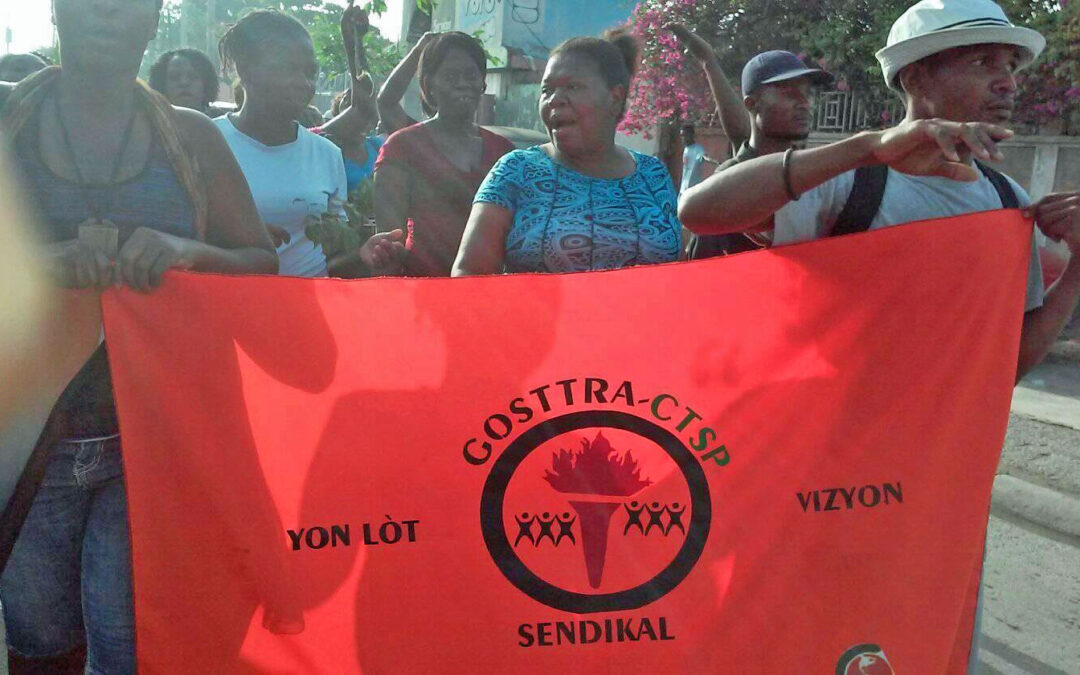
Mar 31, 2023
Union activism was integral in getting $1 million in back wages and benefits restored to garment workers in Haiti after they were left jobless when their factory suddenly closed in December.
More than 1,000 workers were impacted by the sudden closure, during vacation, of the U.S.-owned Vald’or factory. They did not receive severance pay, as required by law.
In late December 2021, the factory owner sent a text message to workers asking them to return to work on January 6, 2022. Shortly after, workers received a second message telling them not to return, and the factory remained closed.
A month later, workers who lived near the factory witnessed the owner leaving the building with materials. The workers asked the owner what was happening. They were told that the factory was closing due to bankruptcy and a lack of orders.
Workers began demonstrating at the factory that evening and spent the night there. They called the Haitian Ministry of Social Affairs and Labor (MAST), and the next day, MAST representatives came to the factory along with the factory owner to meet with the workers, where the owner confirmed the factory’s closure.
The workers reached out to leaders of the Association of Textile Workers’ Unions for Re-importation (GOSTTRA), affiliated with the Confederation of Public and Private Sector Workers (CTSP), and Respect for Haitian factory workers (ROHAM), affiliated with Centrale Nationale des Ouvriers Haitians (CNOHA). GOSTTRA called on workers to meet at MAST’s regional headquarters on February 3 to ask that workers receive the severance pay and benefits owed them. Both unions at the factory, with the support of the Solidarity Center and Worker Rights Consortium, worked with Better Work Haiti, the Association of Industries of Haiti (ADIH), MAST and the government’s Textile Ombudsperson’s Office (BMST) to trace and contact workers, calculate what each worker was owed and inform workers about the distribution process.
PVH Corp, the owner of Tommy Hilfiger and Calvin Klein, agreed to cover workers’ severance and pension contributions, totaling $1 million. Severance pay for most workers was the equivalent of a half- or full-year’s wages. A number of women had health insurance claims, which were also covered.
GOSTTRA leadership heralds this victory for the factory workers–and for the entire Haitian labor movement. “What we learned from this experience is that if all the unions could work together, we would be better able to achieve our goals,” they say in a written statement.
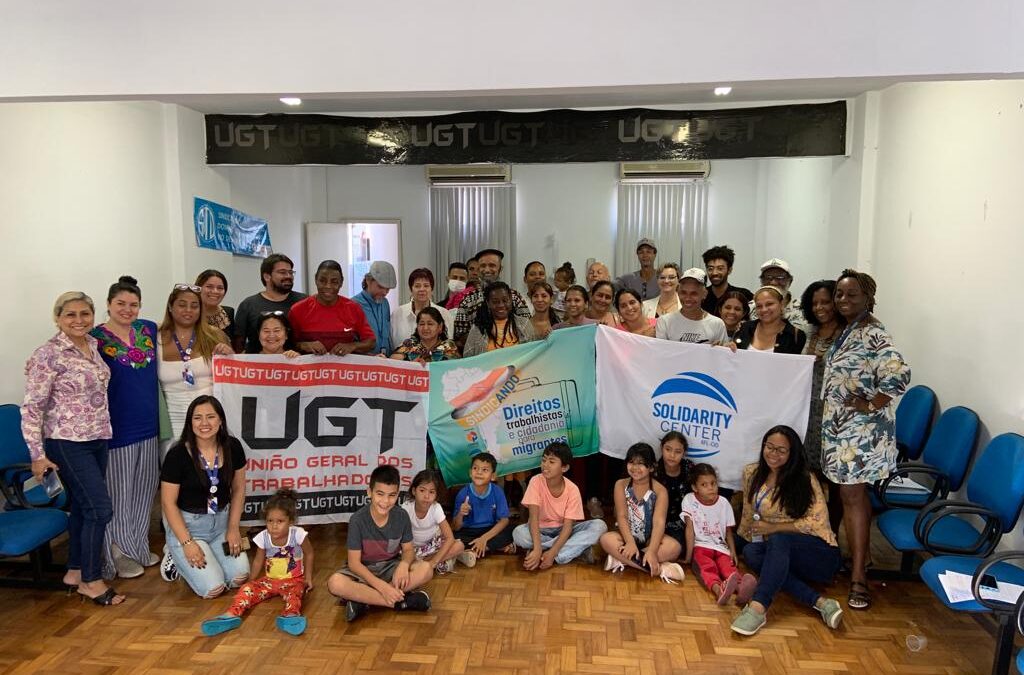
Mar 6, 2023
The Brazilian Ministry of Labor and Employment (MTE) rescued 39 workers, including children, in February from modern slavery in the state of Santa Catarina. Over half of them were Venezuelan migrants who had moved to the state via the government’s Operation Welcome program.
A construction company enticed the workers through social media posts in Venezuela, offering jobs building warehouses and promising good pay, safe work conditions, free housing and meals for the workers and their families. When workers arrived, however, they discovered that their “housing” lacked beds or bathrooms, and they were forced to build their own accommodations, which all of the workers and their families had to share. Meanwhile, none of the workers were provided signed labor documents, which meant they were neither formally hired nor had they access to work benefits.
Around the world, it is not uncommon for migrant workers to be promised decent work for good wages only to find upon arrival to a new country that they have been tricked. Not unlike the rescued Venezuelas, they often face wage theft, unsafe working conditions, abuse and exploitation.
Since 2018, the Solidarity Center in Brazil has worked to connect migrant workers to unions and strengthen collective action. The migration program raises awareness on the specific struggles of the migrant workers, shares best practices and tools with local union partners to increase migrant affiliation, and promotes social dialogue for the development of local public policies on migration through a labor movement perspective.
In recognition of its unique perspective and relationships with partner unions, the Solidarity Center was invited to join a new working group created by the Brazilian Ministry of Justice to discuss and propose a new national migration policy for adoption by the new government. The group held its first meeting March 3.
In partnership with the Center for Human Rights and Immigrant Citizenship (CDHIC) through the SindicAndo project, the migration program led to the 2022 creation of the National Network of Unions for the Protection of the Migrant Worker, which already has more than 80 members among local unions, national trade union centers, federations, confederations and global union federations. The program also supported the General Workers’ Union (UGT) Amazonas branch in the creation of the Venezuelan Association in Amazonas (ASOVEAM), which became an UGT affiliate. As of today, ASOVEAM is the head of the Committee for Migrant and Refugee Policies of Manaus, the capital of Amazonas.
The Solidarity Center, with Brazilian trade union federation CUT’s affiliate, the National Confederation of Construction and Wood Industry Workers (CONTICOM/CUT), is working to strengthen union action and confront and combat precarious work through national awareness-raising and affiliation campaigns in the Combating Precarious Work in the Construction and Wood Sectors. The project has mapped worker rights issues in the sector. According to CONTICOM, workers’ main challenges in the sector are: informal hiring, construction companies not providing personal protective equipment and/or bathrooms, the lack of government inspections of work sites, wage theft and harassment, including harassment.

Workshop on Labor and Social Rights for migrant workers in Manaus (Source: SindicAndo/CDHIC)

CONTICOM’s capacity building workshop on communication (Source: CONTI)







